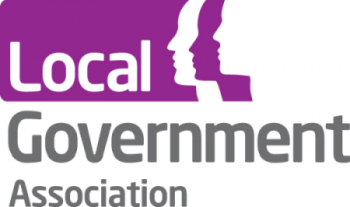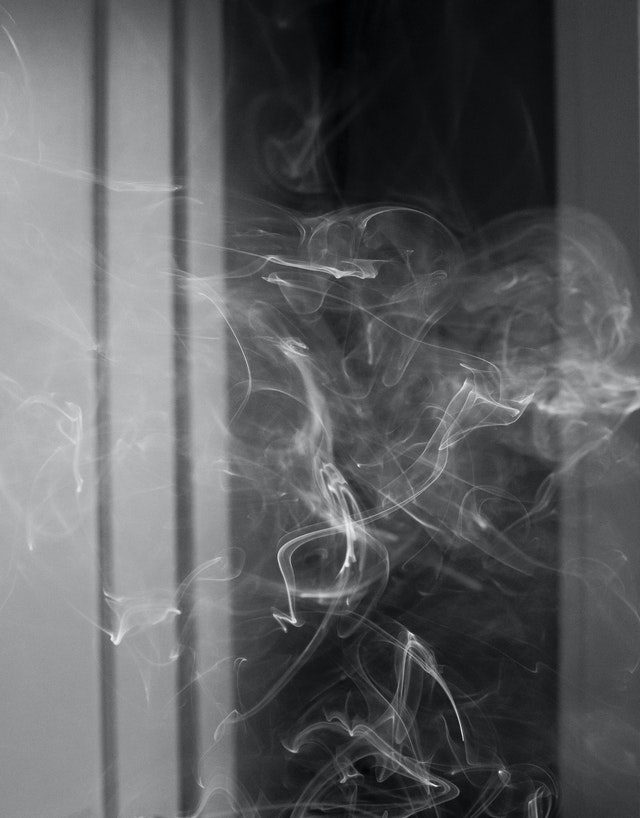
As cost-of-living concerns grow, councils are warning that smokers could increasingly turn to illicit tobacco, which can be sold for as little as half-market price, to cut costs.
The Local Government Association, which represents 350 councils across England and Wales, said people struggling with rising bills and prices could be exploited by rogue traders looking to cash in on the sale of cheap counterfeit tobacco.
This would not only hamper council efforts to reduce smoking but also exacerbate existing health inequalities between low-income groups and the wider population as illicit tobacco is most readily available in poorer communities where smoking rates are disproportionately high.
It also undermines the impact of tobacco tax rises, which have been found to be most effective at encouraging price-sensitive residents to quit.
With the UK’s estimated 5.5 million smokers paying an average of around £14 for a packet of 20 cigarettes, the sale of cheap, illegal tobacco by rogue traders in shops, private homes and through social media has resulted in a loss of £2.3 billion in taxable income in 2019/20 as it’s imported illegally without duty being paid, income which would otherwise fund vital public services.
Illicit tobacco also plays a significant role in funding organised criminal gangs with strong links to drug dealing, money laundering and people trafficking.
Ahead of the publication of the Independent review of Smokefree 2030 policies by former Barnardos chief executive Javed Khan, the LGA says more investment is needed in smoking cessation services and local trading standards provision to reduce widening health disparities, organised crime, and lost revenue in public services.
The LGA said the forthcoming review must recognise the role of enforcement as part of a comprehensive strategy to create smoke free England by 2030 and crackdown on illegal sales to minors and of illicit tobacco.
Certainty over long-term funding for council public health services is needed to meet the 2030 ambition and eradicate the social and geographical inequalities in smoking. Local authorities’ public health grant has seen a reduction of £1 billion since 2015/16, adversely affecting councils’ ability to invest in services and functions that prevent ill health, reduce health inequalities, and support a sustainable health and social care system, including smoking cessation and tobacco control.
This could be alleviated through a ‘polluter pays’ levy on the tobacco industry. Such a levy could raise around £700 million a year from tobacco manufacturers to pay for stop smoking services, mass media campaigns like Stoptober, and work to stop the sale of illegal tobacco, at no cost to the public purse.
Chair of the Local Government Association’s Safer Stronger Communities Board, Cllr Nesil Caliskan said:
“Quitting smoking is the single most impactful thing a person can do to improve their health, and while considerable progress has been made in reducing the number of smokers, there is an increasing risk that the sale of illicit tobacco will undo the progress already made.
“Councils are a key player in supporting the Government’s ambition of eliminating smoking in England by 2030, through their tobacco control and other public health and support services, however it is vital this review provides certainty over long-term funding.”
Case studies
Trading Standards services play a vital role protecting consumers from illegitimate and dangerous products and councils continue to crackdown on illegal and counterfeit tobacco. Recent councils’ hauls have seen sniffer dogs deployed in Slough to remove 1,000 illegal cigarettes and tobacco products with a street value of more than £10,000.
Illegal tobacco worth more than £41,000 was seized by Gloucestershire County Council after they were alerted by Gloucestershire Constabulary. Trading standards officers seized 6,029 packets of cigarettes and 715 pouches of hand rolling tobacco, which had been stored in bags and boxes. There were also several empty boxes, indicating that the original quantity of stored cigarettes and tobacco had been considerably greater.

| [donate]
| Help keep news FREE for our readersSupporting your local community newspaper/online news outlet is crucial now more than ever. If you believe in independent journalism,then consider making a valuable contribution by making a one-time or monthly donation. We operate in rural areas where providing unbiased news can be challenging. |



















